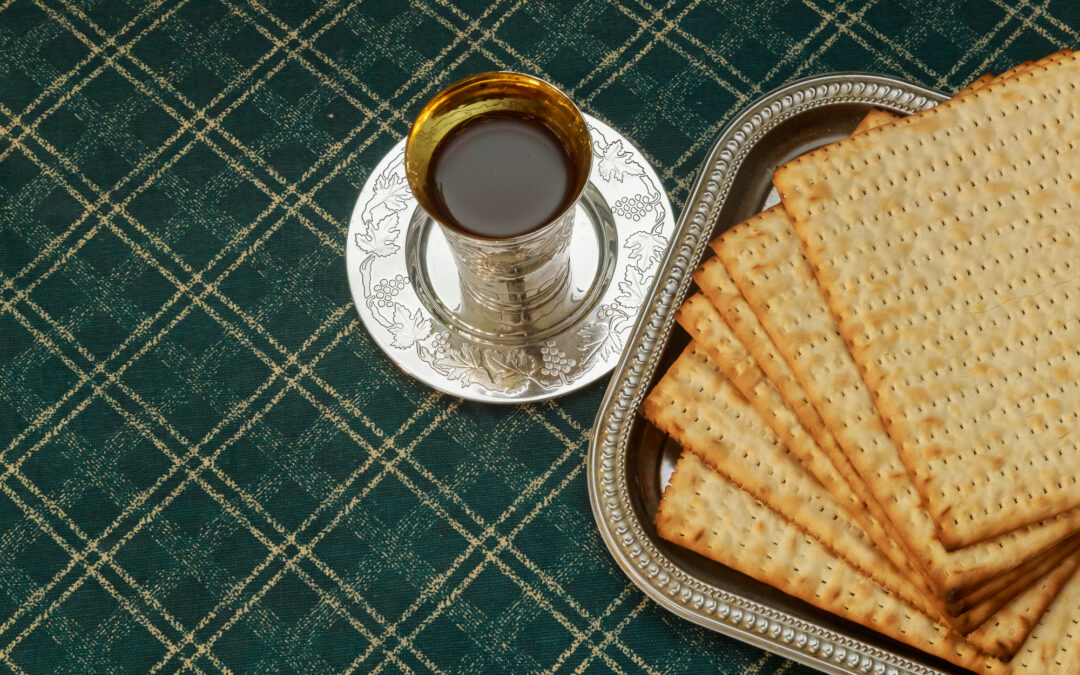What Is It? How Does It Differ from Passover?
The Jewish holiday of Passover, commemorating the release of the Jews from captivity in Egypt, begins on the 15th day of the Jewish month of Nisan and extends for 7 days. In Temple times, most Jews would travel to Jerusalem during Passover. On the eve of the beginning of Passover, they would participate in the Korban Pesach, or “Passover sacrifice, where a lamb or kid was sacrificed and eaten at the evening Seder. Some individuals, though, were considered to be ritually impure (typically because of their recent contact with human corpses) and were not allowed to join in the Korban Pesach. Those who could not participate, but understood the requirement to participate in the sacrifice and seder, approached Aaron and Moses and asked for guidance. The concept of Pesach Sheni, or “Second Passover,” was born.
What Is Pesach Sheni?
Literally translated as “second Passover” or “second sacrifice,” Pesach Sheni, which is celebrated on 14 Iyar, offered all Jews an opportunity to honor the command to participate in the paschal sacrifice. A person who was deemed ritually unclean at the time of Passover could offer the appropriate sacrifice exactly one month later. According to the Torah, those who were ineligible at the first celebration of Passover (one year after the Exodus) pleaded with Moses and Aaron that they be given another opportunity to offer a sacrifice to God. Though the Torah suggests that Pesach Sheni was initially intended to offer a second chance to those who were either too far from Jerusalem at the time of Passover or ritually unclean, it evolved to a second opportunity for virtually anyone, regardless of the circumstances under which they missed Passover.
How Was Pesach Sheni Historically Similar to Passover?
Most of the specific details of the sacrifice were the same. The same animals were permitted, they were to be roasted over a fire, and to be eaten together with bitter herbs and matzo. All food had to be consumed by midnight on the eve of 15 Iyar and the bones of the animal could not be broken. Anything remaining at the end of Pesach Sheni had to be burned.
How Was Pesach Sheni Historically Different from Passover?
First, Pesach Sheni was a one-day celebration, unlike the seven days of Passover. During Passover, all leavened foods, known as chametz, had to be removed from the house. During Pesach Sheni, leavened foods may not be a part of the sacrifice or feast, but may be in the house.
How Is Pesach Sheni Observed Today?
In the modern world, there is no Temple sacrifice. To commemorate the principle of Pesach Sheni, observant Jews customarily eat matzah. The prayers of penitence (the Tachrun) are also customarily omitted as part of Pesach Sheni.
The Meaning of Pesach Sheni—There’s Always a Second Chance
The message seems to be clear…if you sincerely want to make amends, you will have another opportunity.
Gutterman’s and Gutterman Warheit—125 Years of Service to the Jewish Community
At Gutterman’s and Gutterman Warheit, with funeral chapels in New York and Florida, we have provided full-service funeral and burial guidance to individuals and families within the Jewish community for five generations. We know that there are different customs within the various Jewish traditions and will work closely with you to help you pay your respects and honor your beliefs. We handle all matters related to funeral or burial services, from the structure of the memorial service to preparations for sitting Shiva, from the selection of a casket or monument to the creation of a Yahrzeit calendar. We will work directly with the Chevra Kadisha, making certain that all preparations comply with Jewish law.
To learn how we can be of assistance, contact us by email or call us at one of the numbers listed below.
Gutterman’s & Gutterman Warheit — Where Relationships Matter
Family Owned and Operated Since 1892
Rockville Centre: (516)764-9400 | Woodbury: (516)921-5757 | Brooklyn: (718)284-1500
Boca Raton, FL: (561)997-9900 | (800)992-9262

